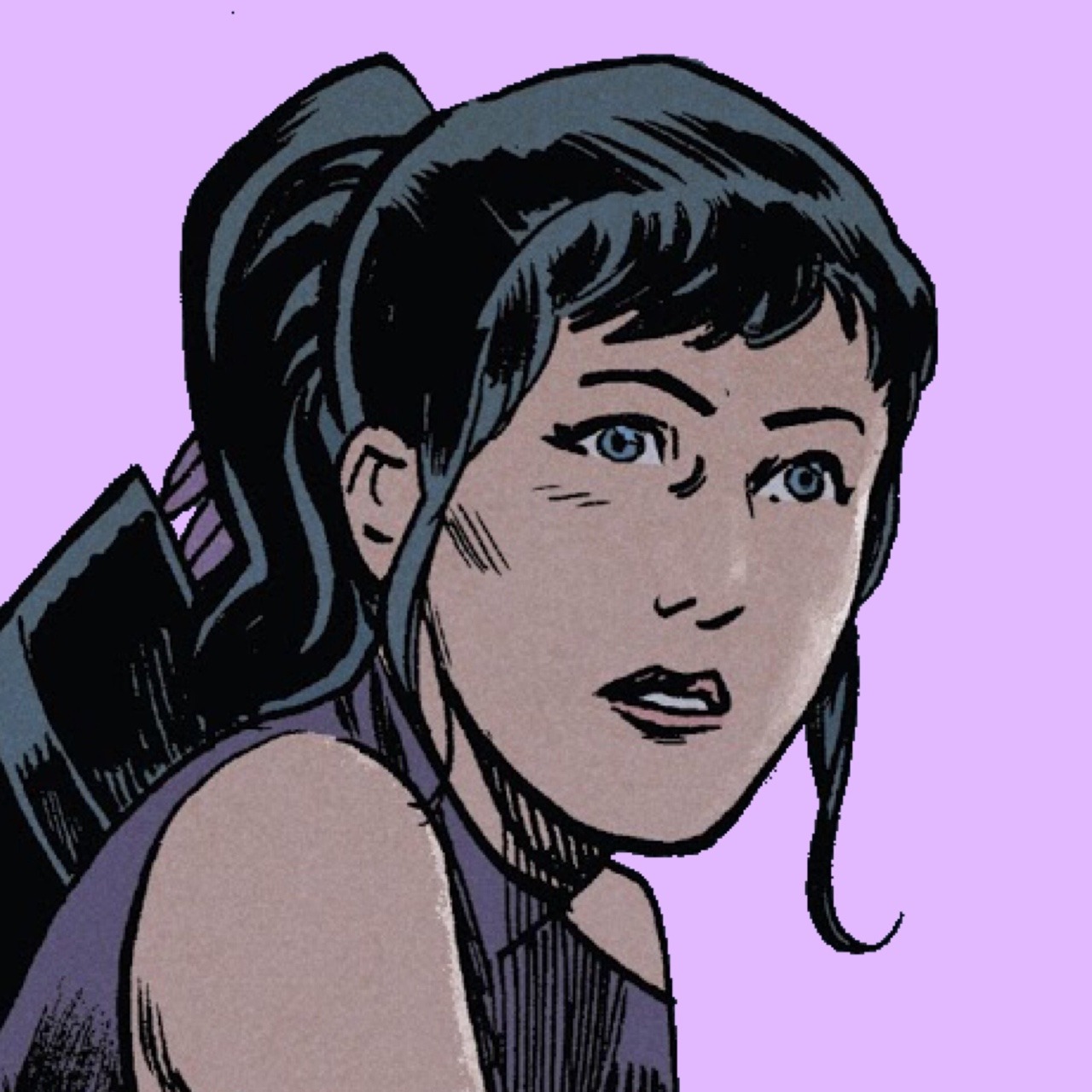Hey all.
I’ve been writing a novel recently - I’m only 2200 words in. It feels like so little and so much at the same time.
Until I graduated college, I loved writing. Reading, too. Then, it feels like my ADHD got much worse and I lost all the passion I had for both. I had about a year of really intense depression while trying to find my first job during COVID. I had basically written nothing for almost three years up until recently. I started, and did not finish, a short story, and am working now on this “novel”. The problem is that I love writing in the abstract, I love putting words together in interesting ways and telling a story. But I can’t stop looking at the word count and feeling hopeless. I can’t stop feeling like there’s no point to any of it because my writing is shit. I feel like all of my passion has just left and I don’t know how to get it back, but I desperately want it back.
This isn’t a question, really, despite the title. I guess I needed to vent and know if I’m not alone in having experienced this.


I’m in a similar boat. I found that concentrating on short stories was really helpful to build my confidence in my prose. I am currently bouncing between two novel ideas, with maybe 15k words on one, and about 10k on the other. I ended up not liking my first attempt (the longer) and plan to go back to the table and do world building again before making another attempt. On the second, I am slowly writing it out, but it is painstaking work.
While I haven’t solved this problem, I think what you and I need to do is the same: just keep writing. Don’t edit as you go. The more you build it out, the more you’ll feel connected to your characters, and the more you’ll want to explore them in other situations. Get your ideas on the page, and eventually you’ll be able to figure out what you specifically don’t like. And then you can start again or start a new project with that in mind.
Wishing you the best!
Thank you! This is really helpful to hear. Concentrating on short stories might really be the way to go at the moment; the novel I’m working on right now is fantasy and I could definitely explore some scenes with my main character outside of the scope of that in order to practice.
I definitely find the “scene” or “vignette” to be much easier to focus on and do effectively. On longer works it’s so easy to get bogged down in the details and the bigger picture setups, so doing the short stuff is good practice for just blasting words onto the page. I saw your other comment where you mention that you sometimes spend too much time on single sentences, and I am definitely prone to doing the same. I figure that if I can get comfortable with writing the shorter stuff, it’ll help me stay focused on the longer.
I love doing this myself with short 1-2k word scenes to help develop the character and my writing at the same time. When writing a long piece in chronological order it’s easy to get stuck at a section and the continual revising is tedious when you just want to write. So just skip over to a part that you want to explore and you’ll often find it’s much easier to get started. Later on when you actually write that section of your novel you can go back to your old short story and use that scene as inspiration.
As the previous commenter mentioned writing these short stories also gives you a chance to practice your craft in a more controlled setting. I find myself writing much quicker when I’m not constrained by the subtleties and pacing required for a full novel, and you can adapt the story to match your writing rather than the other way around.